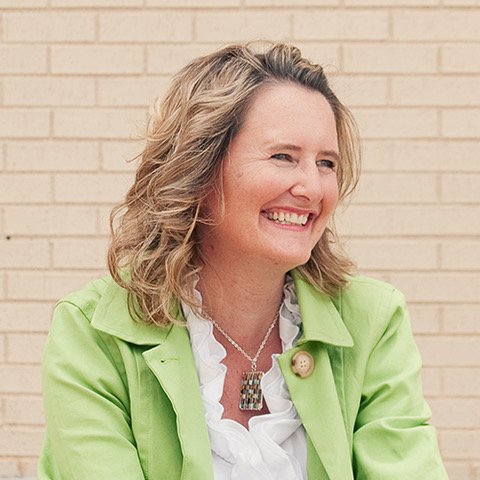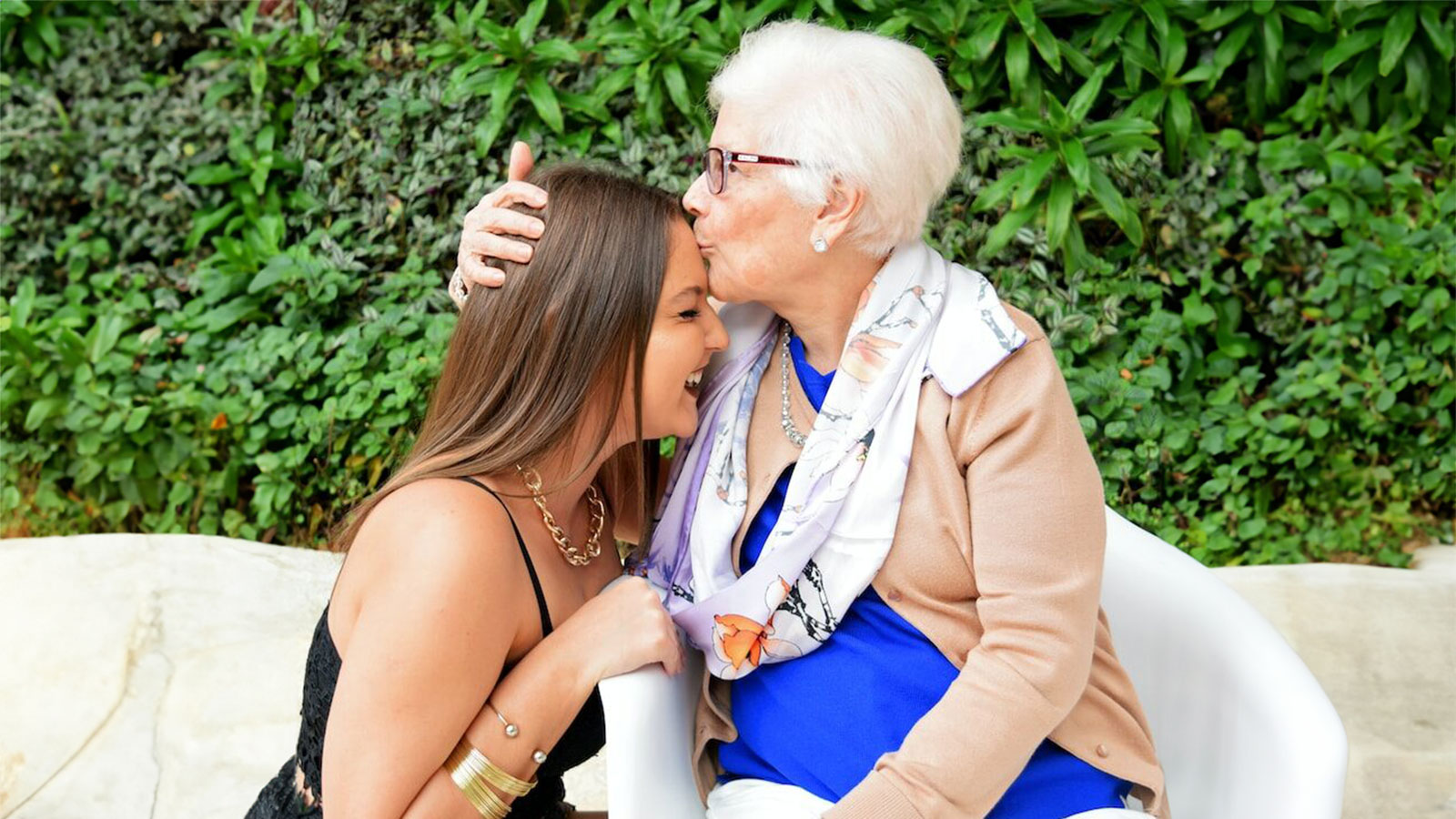The following is an excerpt from Not Marked, guest writer Mary DeMuth’s latest book. For more information about the book, please see the bottom of this post.
I’ve often told people, “an untold story never heals.” This is certainly true for sexual abuse victims. The very real problem is that often times, we do share, but are not believed, or are ridiculed, or questioned. In a way, we experience secondary abuse as we timidly (fearfully) share our stories.
I want to encourage you to try again.
Even if you’ve shared and been shut down, dare to share your story with a safe person. For some of you, your safe-person assessment tool is wonky, and you keep ending up with unsafe folks who make things worse after you share your story (either by unbelief, blame, or exploitation). If that’s the case, consider reading Safe People by Cloud and Townsend. That will help you retrain the way you see relationships to find truly safe people. Counselor Lucille Zimmerman offers, “Safe people open the door for you to share more—at your own pace. They listen rather than telling you where you are. They are caring rather than offering trite answers or religious platitudes (for example, ‘Trust Jesus’s). They invite. Rather than closing you down, they open you up.”[1]
Safe people…
- Ask clarifying questions.
- Don’t jump to conclusions.
- Aren’t passive-aggressive.
- Empathize with you, not needing to interject their own story of doom to one-up you.
- Encourage other relationships.
- Honor and encourage your relationship with God.
- Want what is best for you and your healing journey (don’t have their own healing agenda, or pressure you to heal their way).
- Aren’t domineering.
- Tell the truth, even if it’s painful, but they tell it in a winsome way.
- Offer grace.
- Are self-aware.
- Reveal their flaws.
- Aren’t defensive.
- Apologize, even before they’re caught.
- Take responsibility for themselves.
- Work on their own issues.
- Want to learn from their mistakes.
- Accept blame.
- Avoid gossip.
- Are humble, teachable.
- Have a positive influence over your life.
- Have proven themselves trustworthy over a period of time.
- Are the same person in different situations—consistent.
- Applaud your growth.
- Don’t try to be your parent or the Holy Spirit.
- Love freedom.
- Don’t demand trust—instead they earn it by consistently acting honorable.
I healed because I found safe people in college who listened to me, loved me, validated the horror of my story, and prayed me toward health. They assured me my worth wasn’t tied to the violation. In sharing my sexual abuse story, I opened up communication for deeper discussion within my friendships, often discovering that so many others had my same story, different verse. Dr. Henry Cloud affirms our need for community as we seek healing, “Without a solid, bonded relationship, the human soul will become mired in psychological and emotional problems. The soul cannot prosper without being connected to others.”[2]
As I look back on my healing progress, I see now that it slowed to an almost halt in my twenties. Why? Because I shut my mouth for a decade. I believed, wrongly, that my healing was complete, and that I would no longer be shackled by the sexual abuse story. While much healing had happened, I had a long way to go, which accounts for the major fall-apart that happened in my thirties.
Sharing your story won’t magically heal you, but it is an important first step on the long and beautiful and sometimes-rocky road to healing. I wish I could offer a panacea to you, that if you share your story, you’ll automatically share it with a person of peace who loves you through healing. That as the result of that one precious encounter you’ll be healed once and for all, and be able to think of sex as holy and amazing. Nothing guarantees complete healing this side of eternity. We wait, we groan, we hurt in this life, sometimes disillusioned, sometimes clinging to a shred of hope.
Inviting safe people into our stories enlarges that hope, and helps us feel like we’re moving toward genuine healing.

I’m humbled and grateful to be here today. A huge thank you to Trochia for allowing me to share my heart. A little background. I’ve shared my sexual abuse story in the last few years, but I haven’t always been so open. Initially I kept it silent for a decade, then over-shared, then went silent another decade. The healing journey hasn’t been easy, but it has been good.
About a year ago, I sensed God wanted me to be bold in sharing about sexual abuse. I wrote “The Sexy Wife I Cannot Be” on Deeper Story, which went crazy (so many comments), followed by “I’m Sick of Hearing About Your Smoking Hot Wife” on Christianity Today. The overwhelming response to those two posts prompted me to write Not Marked: Finding Hope and Healing after Sexual Abuse.
The book proved too risky for publishers, so I decided to crowdfund it, which turned out to be an amazing success. I cannot believe that now I can hold Not Marked in my hands, and also offer it to you. What’s unique about it: It’s written from the perspective of a survivor. It doesn’t offer cliche answers. It’s honest. And my husband shared his unique journey of how to walk a loved one through their sexual abuse.
[1] Zimmerman, Lucille Renewed: Finding Your Inner Happy in an Overwhelmed World (Nashville, TN: Abingdon Press, 2013) 86.
[2] Cloud, Dr. Henry and Townsend, John. Changes that Heal: How to Understand Your Past to Ensure a Healthier Future (Grand Rapids, MI: Zondervan 1993) 47.
Related Articles

What the Bible Says About Honoring Your Parents: Five Truths We Learn from the Fifth Commandment

What Does Worship Mean in the Bible

What Role Does Humility Play in Obedience? Learning from the Life of Saul/Paul

How Can Unmarried Christians Bless the Church?

5 Delicious Recipes—and 5 Ways to Serve Others this Holiday Season

The Proof of Genuine Faith: What We Do Matters to God

Bible Study Hacks: Making Scripture Come Alive

What Does Faith Mean in Our Daily Life?


